Discussing in the morning group on November 5, many National Assembly deputies gave their opinions on the socialization of appraisal activities and the mechanism for controlling and inspecting the quality of appraisal conclusions in the draft Law on Judicial Appraisal (amended).
The draft Law stipulates the expansion of the scope of the socialized field of forensic expertise. Specifically, in addition to the 6 specialized fields of finance, banking, construction, antiques, relics, and copyright that the forensic office is authorized to appraise under the current Law on Forensic Expertise, the following specialized fields are now added: DNA, documents, digital and electronic technology, fingerprints, and resources.
However, the Office of Judicial Expertise is not allowed to conduct expertise in criminal proceedings in the fields of DNA, documents, digital and electronic technology, and fingerprints, except in special cases requested by the person requesting the judicial expertise.
Commenting on the scope of the Law on Judicial Expertise (amended), delegate Thai Thi An Chung ( Nghe An ) said that in some provisions of the draft, there are additional provisions on extrajudicial appraisal activities of public judicial appraisal organizations and judicial appraisal offices.
According to the delegate, if it is necessary to expand the scope of regulation to include extrajudicial appraisal activities, it is necessary to change the name of the Law (from "Law on Judicial Appraisal" to "Law on Appraisal Activities"); add provisions clearly distinguishing between judicial appraisal activities and extrajudicial appraisal activities; add a chapter related to regulations on extrajudicial appraisal activities to ensure consistency. If in case the scope is kept limited to the field of judicial appraisal, the delegate suggested that the Government issue a separate regulation related to extrajudicial appraisal activities.
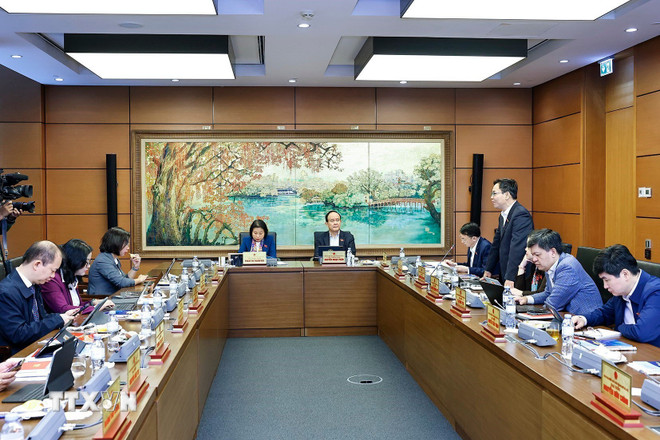
Clause 4, Article 17 stipulates the expansion and addition of forensic injury assessment tasks to public forensic assessment organizations under the Provincial and Municipal Police. Delegate Thai Thi An Chung commented that although expanding the scope of selecting assessment organizations may be more convenient, however, because both types of units are public service units of the State, consideration is needed to ensure harmonious operations and balanced development between Forensic Assessment Centers under the health sector and criminal technical assessment agencies under the police sector.
Commenting on the socialization of appraisal activities, delegate Duong Khac Mai (Lam Dong) said that it is necessary to strictly control the expansion of socialization through the Judicial Appraisal Office and organize appraisals by case.
Delegates commented that this is the right direction, but it also poses risks to quality and professional ethics if there is a lack of control mechanism. Therefore, it is recommended to set clear standards on conditions for practice, licensing, recognition, suspension and revocation mechanisms for non-public forensic organizations.
Delegates also proposed to supplement regulations on independent appraisal and quality control of appraisal conclusions, possibly through the Professional Council or specialized agencies under the Ministry of Justice; to develop a mechanism to periodically assess the capacity of non-public judicial appraisers to ensure the reputation and quality of appraisals.
Giving his opinion at the group discussion on the draft Law on Civil Judgment Enforcement (amended), delegate Do Duc Hong Ha (Hanoi) said that the draft Law has three important new points of a breakthrough nature to overcome difficulties, obstacles, and problems that have existed in the past and meet the requirements of restructuring the apparatus.
First of all, reform and rearrange the system of civil judgment enforcement agencies in a streamlined and effective direction. Accordingly, the draft law abolishes the model of the district-level Civil Judgment Enforcement Sub-Department, replacing it with a one-level agency system at the provincial level; establishes a regional Civil Judgment Enforcement Office under the provincial Civil Judgment Enforcement Department to perform tasks at the grassroots level. This organization helps to focus on directing, operating, mobilizing enforcement officers and resources more effectively, especially in handling complicated cases.
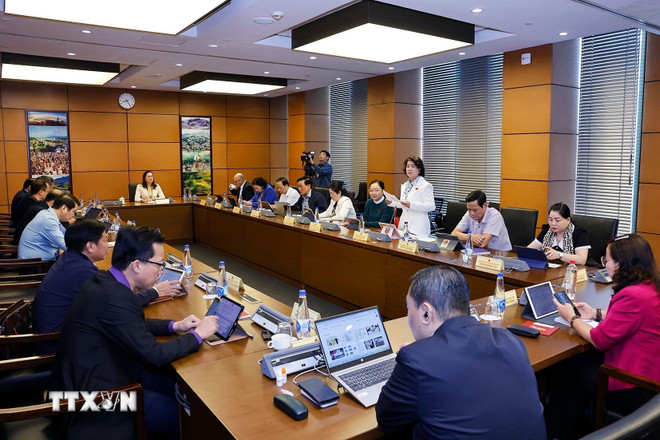
The provisions in the draft law also promote the socialization of civil judgment enforcement, formalize and enhance the legal status of non-state judgment enforcement organizations. The draft has a separate section on the Civil Judgment Enforcement Office and Enforcement Officers, renaming the Bailiff Office as the Civil Judgment Enforcement Office, defining this as an organization practicing judgment enforcement operating in the form of a partnership; at the same time, granting the right to organize judgment enforcement at the request of litigants for judgments and decisions under its jurisdiction.
"This creates a legal corridor for a new enforcement entity, in line with the policy of socialization, helping to reduce the workload for state agencies and improve professionalism," the delegate emphasized.
Regarding the comprehensive promotion of digital transformation and application of information technology in civil judgment enforcement, the draft Law has added a separate provision on the application of information technology, clearly stipulating the construction, management and operation of the database on judgment enforcement; the responsibility of connecting and sharing data of national and specialized database management agencies with the judgment enforcement database; affirming the legal value of electronic documents, records and digital signatures. This is considered a breakthrough in the organization of judgment enforcement, helping to improve speed, efficiency, transparency and reduce negativity./.
Source: https://www.vietnamplus.vn/national-delegate-can-co-che-kiem-soat-khi-xa-hoi-hoa-hoat-dong-giam-dinh-post1075050.vnp



![[Photo] Opening of the 14th Conference of the 13th Party Central Committee](https://vphoto.vietnam.vn/thumb/1200x675/vietnam/resource/IMAGE/2025/11/05/1762310995216_a5-bnd-5742-5255-jpg.webp)






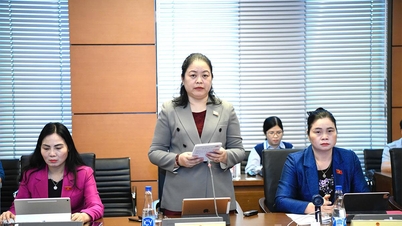

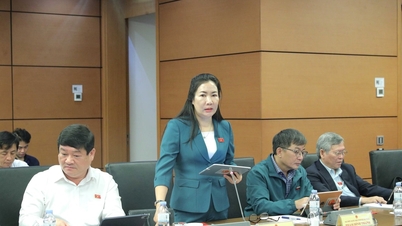


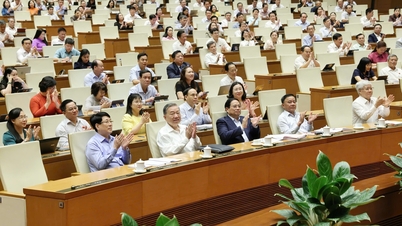

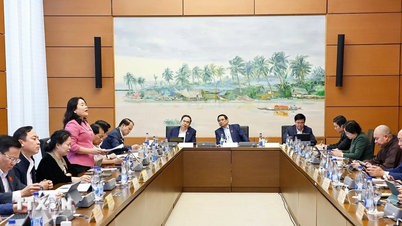
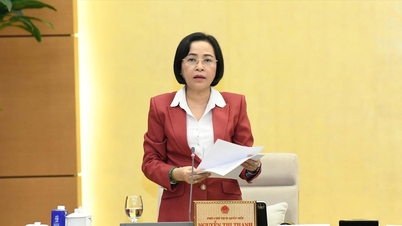
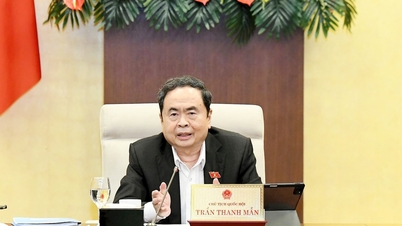


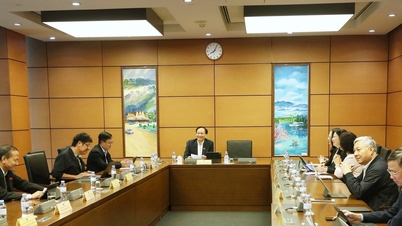






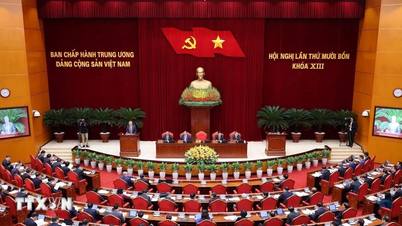


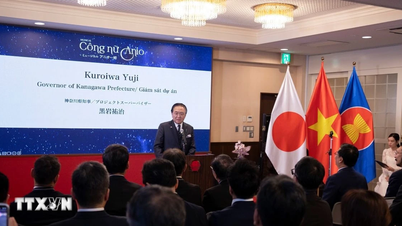
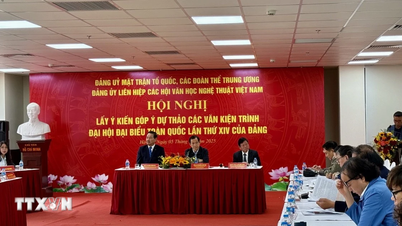
![[Photo] Panorama of the Patriotic Emulation Congress of Nhan Dan Newspaper for the period 2025-2030](https://vphoto.vietnam.vn/thumb/1200x675/vietnam/resource/IMAGE/2025/11/04/1762252775462_ndo_br_dhthiduayeuncbaond-6125-jpg.webp)






































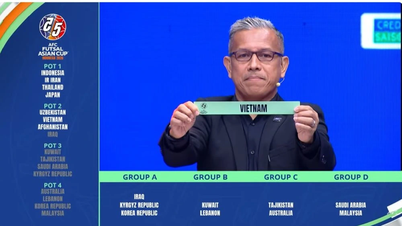





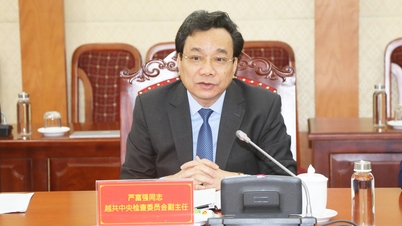

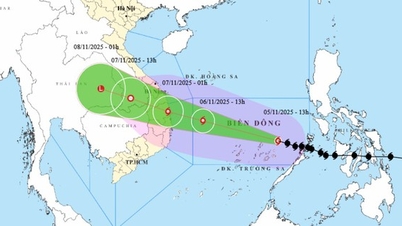



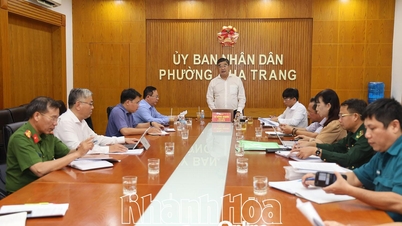

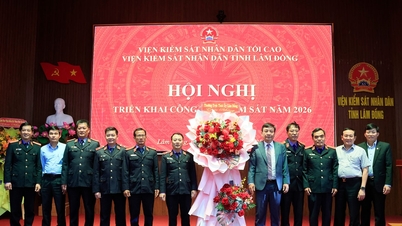

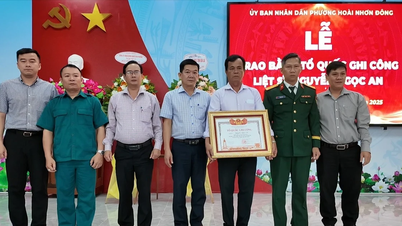

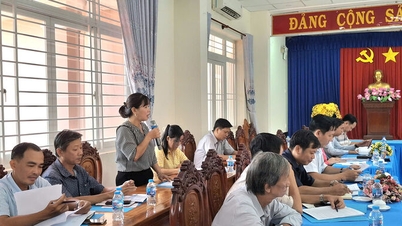

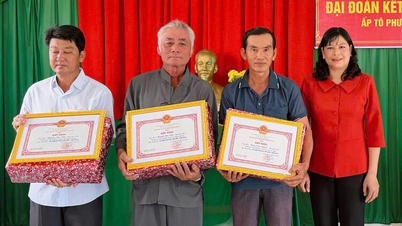














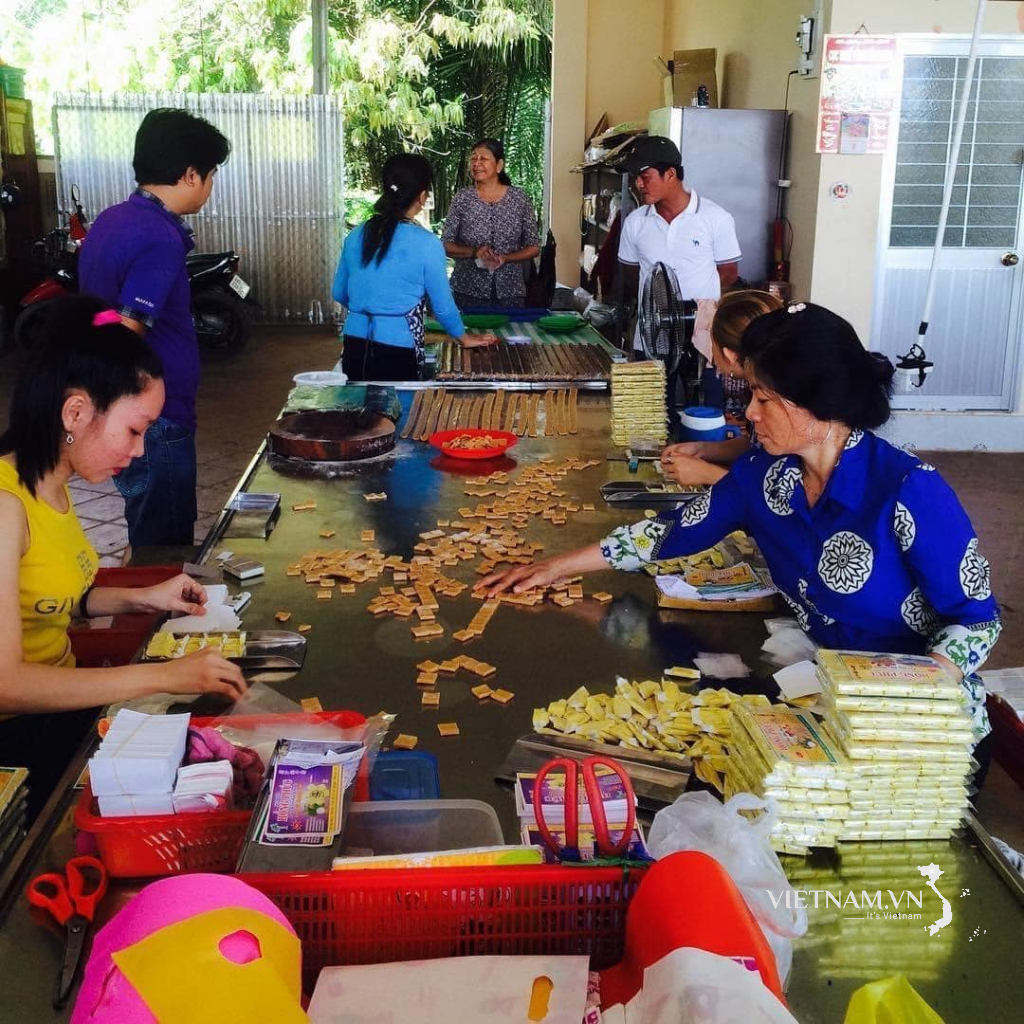


Comment (0)